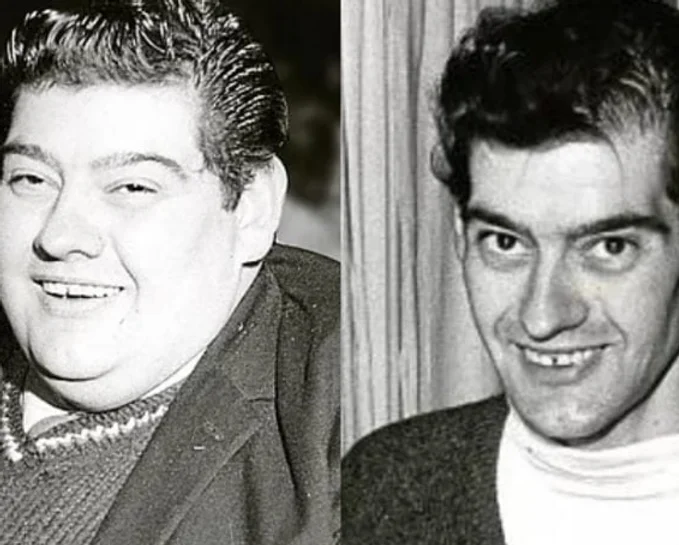‘The longest period for which anyone has gone without solid food is 382 days in the case of Angus Barbieri of Tayport, Fife, who lived on tea, coffee, water, soda water and vitamins from June 1965 to July 1966’
Angus Barbieri consumed no food for 382 days to no ill-effect.
In 1965 the 27-year-old from Scotland checked into the University Department of Medicine at the Royal Infirmary of Dundee weighing 207kg, he would leave 125kg lighter.
Originally asking doctors to monitor his progress during short fasts, with no initial intention to protract it to 382 days, he adapted suitably well, extending his eagerness to reach his ‘ideal weight’, Barbieri ploughed through his hunger.
He was prescribed multivitamins, electrolytes and yeast (a source of amino acids) and quenched his thirst ad libitum through zero-calorie beverages persisting of tea, black coffee and water, occasionally adding small amounts of milk and/or sugar.
During regular attendance as an out-patient, his blood tests and examinations consistently recorded complete normality and the official study describes – ‘faecal evacuation’ – as being exceptionally infrequent, there being 37-48 days between each relief. As the fast proceeded his body started to functionally burn its own fat stores for energy and during the last eight months his glucose levels were consistently dangerously diminished but did not suffer any negative consequences.
Barbieri eventually ceased his starvation 382 since he last ate, weighing 81kg, with a breakfast of one boiled egg with buttered bread. Having forgotten the taste of food, Barieri told The Chicago Tribune: “I thoroughly enjoyed my egg and I feel very full. It went down okay. I feel a bit full, but I thoroughly enjoyed it.”

Angus’s fast went worldly, with news outlets in the US reporting on the effort, a spokeswoman from Guinness World Records said: “Hunger strike doctors estimate that a well-nourished individual can survive without medical consequences on a diet of sugar and water for 30 days or more.
“The longest period for which anyone has gone without solid food is 382 days in the case of Angus Barbieri of Tayport, Fife, who lived on tea, coffee, water, soda water and vitamins in Maryfield Hospital, Dundee, Angus, from June 1965 to July 1966. His weight declined from 207kg to 81kg.”
He later became the subject of a study at the University of Dundee, where academics were keen to examine the effects that long-term fasting had on his body.
Despite Baribieri’s success what he did was more of a danger than a treatment, in fact five fatalities have been reported coinciding with the treatment of obesity by complete starvation. In one case a patient died during the refeeding process after a three-week fast, another after 13 days of fasting and another again during the refeeding process after 200 days. Furthermore, many patients all suffer diverse consequences, some more pronounced than others, which goes to show the unknown risk fasting has on the body.
Angus’s body was prepared for a fast of such an extensive duration due to his immense obesity. As his body was equipped with enough fat to burn through fat stores, his energy needs remained sufficient. One estimate suggested that he shed as much as three-quarters of a pound a day, and five years after beginning to eat again he remained a healthy 88kg.
Although fasting does have its benefits in supporting weight loss, disease prevention and aiding heart and gut health, fasting for prolonged periods of time with no calorific intake could lead to serious health complications and as seen in many, even death.






















